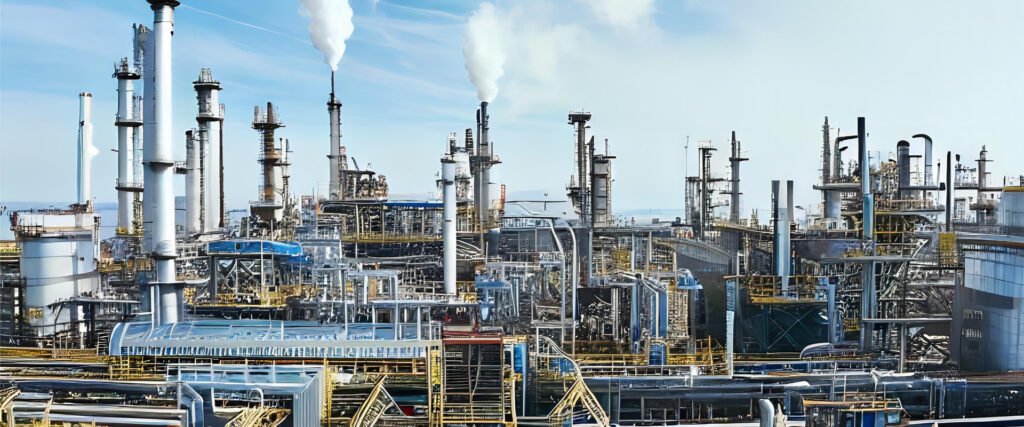Your cart is currently empty!
TEL:08615998857658

Molybdenyl Dialkyl Dithiophosphate friction modifier
Friction modifier are additives used in lubricants to alter the frictional properties between two surfaces in contact, typically in moving parts within engines or machinery.
Description
| Friction modifiers are additives used in lubricants to alter the frictional properties between two surfaces in contact, typically in moving parts within engines or machinery. They work by reducing the friction between surfaces, which can lead to improved fuel efficiency, reduced wear, and smoother operation.
These modifiers function in various ways: Boundary lubrication: Friction modifiers can form a protective film on metal surfaces, reducing direct metal-to-metal contact, especially under high-pressure conditions. Surface interaction: Some friction modifiers alter the surface properties of metals, making them smoother or more resistant to frictional wear. Reducing coefficient of friction: They can reduce the resistance to movement between two surfaces, leading to decreased energy loss due to friction. Common types of friction modifiers include: Organic friction modifiers: These are typically organic compounds containing elements like phosphorus, sulfur, nitrogen, or chlorine. They form thin layers on metal surfaces, reducing friction and wear. Molybdenum compounds: Molybdenum disulfide and molybdenum dialkyldithiocarbamate are examples of compounds used as friction modifiers due to their ability to reduce friction between metal surfaces. Polymers: Certain polymers can act as friction modifiers by altering the surface properties of metals and reducing friction. Friction modifiers are crucial components in engine oils, transmission fluids, and other lubricants, especially in high-performance applications where reducing friction is critical for efficiency and longevity. They need to be carefully formulated to ensure they do not negatively interact with other additives in the lubricant and maintain their effectiveness over the operating conditions of the machinery or engine. |
Molybdenyl Dialkyl Dithiophosphate (MoDTP) is a lubricant additive used to reduce friction and improve wear protection in various applications. Here’s a breakdown of its characteristics and functions:
Chemical Composition:
- MoDTP is a complex molecule containing molybdenum, alkyl groups, phosphorus, and sulfur.
- The specific type of alkyl group attached to the molecule can influence its solubility and performance.
Mechanism of Action:
- MoDTP functions as a friction modifier by creating a lubricious film on metal surfaces under friction conditions. This reduces friction between the surfaces, leading to:
- Lower energy consumption
- **Reduced wear and tear on components
- It also offers anti-wear and extreme pressure (EP) properties by:
- Forming a protective layer on metal surfaces under high pressure and temperature conditions.
- Decomposing under high pressure to release molybdenum sulfide, a solid lubricant with excellent film strength.
Applications:
MoDTP is used in various lubricants and greases, including:
- Engine oils: Particularly in high-performance applications like racing engines or heavy-duty machinery, where wear and tear and friction reduction are crucial.
- Gear oils: To improve wear protection, reduce friction, and prevent scuffing in gearboxes exposed to high loads.
- Greases: To enhance their performance in terms of wear protection, friction reduction, and extreme pressure resistance.
Advantages:
- Effective friction reduction: MoDTP can significantly lower friction, leading to improved energy efficiency and reduced wear.
- Anti-wear and EP properties: It provides additional protection against wear and tear under high pressure and temperature conditions.
- Synergy with other additives: MoDTP can work synergistically with other lubricant additives like ZDDP (Zinc Dialkyl Dithiophosphate) to further enhance wear protection.
Considerations:
- Cost: MoDTP can be more expensive compared to some other friction modifiers.
- Environmental concerns: Similar to ZDDP, MoDTP can deactivate emission control system catalysts in vehicles. Its use is being gradually reduced due to environmental regulations.
- Compatibility: Compatibility with other lubricant components and base oils needs to be carefully considered.
Overall, MoDTP is a valuable lubricant additive for applications where friction reduction and wear protection are critical considerations. However, its potential environmental impact and cost need to be weighed against its benefits when making a selection.







Reviews
There are no reviews yet.